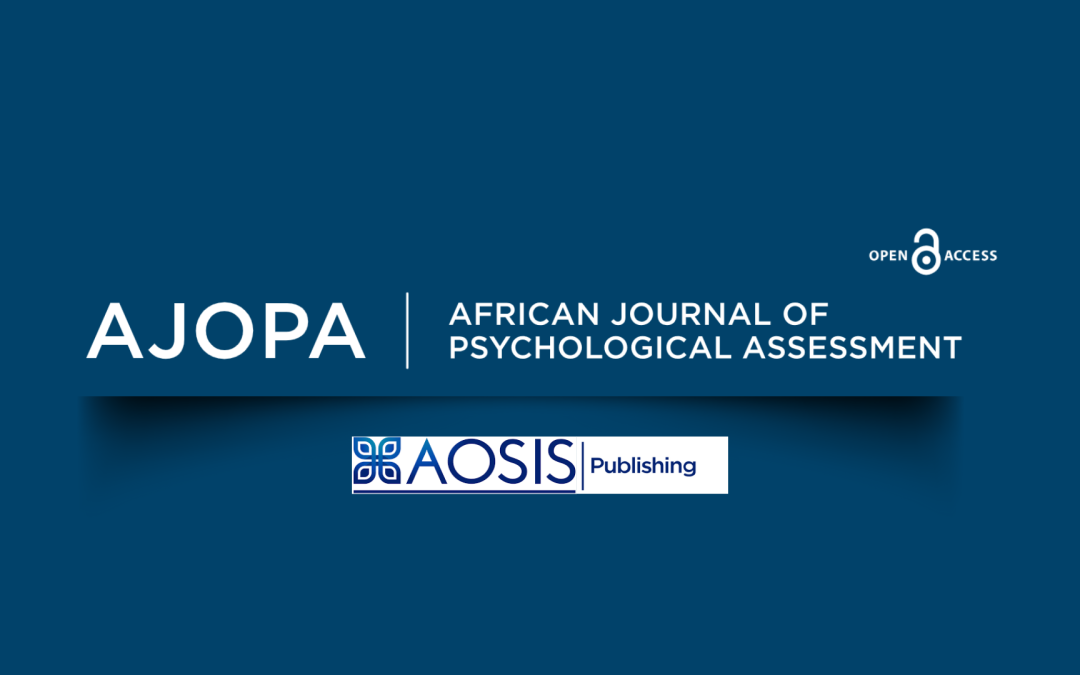
Sexuality and Gender Division – 16 Days of Activism Against Gender-Based Violence
Digital spaces have become the new frontier of misogyny — a “wild west” where women, girls and gender-diverse people face cyberstalking, image-based abuse, deepfakes, hate speech, coercive control and algorithmically amplified harassment.
The PsySSA Sexuality and Gender Division reflects on how digital violence is part of a broader continuum of patriarchy, discrimination and gender-power dynamics. Drawing on global insights and African realities, this contribution examines how technology – far from neutral – can reinforce and accelerate inequality, while exposing already-marginalised groups to intensified harm.
The piece also outlines key actions we must take as psychologists, educators, policymakers and communities to address this evolving landscape of violence.
Read the full contribution to explore how digital violence is reshaping gendered harm — and what we must do to resist it.
PsySSA Sexuality and Gender Division
Digital violence against women and girls, a new frontier in the “wild west” of misogyny.
When Laura Bates launched the “Everyday Sexism” Project in 2012, she started a quiet revolution.
She brought to our attention the link between casual, everyday forms of gender-based harassment (often experienced by women and girls in the streets of daily life) and the more serious manifestations of sexual and gender-based violence and femicide. Ideologically, they have the same origins, deeply rooted in longstanding gender-power structures: patriarchal control, objectification of women, and misogynistic violence.
Since then we have seen the rise of digital violence against women and girls (and sexual and gender minorities), still part of the same continuum of power-inflected animosity towards anyone and anything that disrupted heterosexual male entitlement.
This has manifested in phenomena which disproportionately affect women and girls; cyberstalking; the non-consensual sharing of intimate images; hate speech and harassment online to spread misogynistic, or abusive messages; misinformation and disinformation to damage a woman’s reputation or discredit her; coercive control (using technology, such as tracking devices or smart home devices, to monitor and control a person’s behaviour); and deepfakes (using technology to manipulate images or videos to create false and harmful content).
We also know that minorities across Africa experience digital harms. Speaking at a recent Cybersecurity and Digital Rights round table, Mansah Amoah noted that LGBTQI+ youth, migrants and individuals from rural or low-income contexts face heightened exposure to targeted harassment, disinformation, surveillance and exclusion. This is enabled by anonymity and algorithmic amplification which intensify hate speech and harassment.
In her new book, The New Age of Sexism: How the AI Revolution is Reinventing Misogyny, Bates argues that not only does technology not automatically liberate or equalise, it has the potential to reinforce, accelerate and embed patriarchal structures and a range of inequalities in ways that are often less visible.
It does this through Artificial Intelligence (AI) which amplifies sexism and misogyny by reproducing and magnifying biased data and social norms in self-learning systems whose inner workings and long-term effects we cannot fully trace or predict.
Because these technologies are often designed, funded and controlled by a narrow demographic (generally men, white, global‐north), says Bates, they reflect their priorities and blind-spots. There is a potential “wild-west” effect: the pace of technology innovation outstrips regulation, ethical oversight, social norms and protections.
The end result is a poorly regulated online world where women and girls (and minorities) aren’t just passive beneficiaries of technology, they are active targets and subjects of new forms of abuse, harassment and exploitation, with devastating social and psychological consequences.
Fixing this is not going to be easy, in a sense the battle has almost been lost. But we can do some of the following:
- Interrogate who designs, who profits, whose bodies are used and whose safety is assumed in relation to online technologies, platforms and tools.
- Pay attention to structural and systemic change in technology: algorithmic oversight and virtual space regulation is more powerful than only holding individuals to account.
- Lobby for better (or better implementation of) laws on digital harms.
- Adopt an intersectional view. Gender’s intersection with race, class, disability and global geography matters: those already marginalised may bear the brunt of technological inequalities in the form of facial-recognition bias, deepfake targeting and surveillance.
- Expand our frameworks of sexual violence and gender harm to include these technologically mediated forms.
- Conduct further research and scholarship in the area of digital violence against women, children and gender diverse people, so as to inform policy.
- And, engage early and explicitly in our work as therapists, thinkers, educators and policy makers.
Mr Pierre Brouard – Sexuality and Gender Division (Additional Member)






